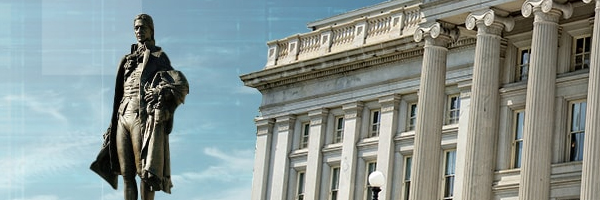
Section 7: Legal Basis
Introduction: This section cites the laws and regulations governing the check reclamation process.
Title 31
31 U.S.C. 3712
- Establishes Fiscal Service's right to demand a refund from a presenting bank when, after the check is paid, forgery is established or the payee's entitlement stopped with his/her death.
- Establishes Treasury Check Offset.
31 U.S.C. 3701-3720E
- Establishes the government's right to collect debts using various collection tools, including offset.
- Establishes the rates at which a federal entity must assess interest, penalties, and administrative fees on delinquent debts.
31 CFR 240
- Establishes the process by which Fiscal Service will directly debit a presenting bank's federal reserve master account for the full amount of the reclamation if not paid or protested by the 30th calendar day from the reclamation date.
- Establishes the process by which Fiscal Service will add interest, penalties and administrative fees to delinquent reclamation debts, if applicable.
- Establishes the process by which Fiscal Service will refer reclamation debts for collection by offset.
- Establishes that Fiscal Service will take such action as may be necessary to collect delinquent reclamation debts.
Title 4
Limited Payability
The Competitive Equality Banking Act of 1987 (Public Law 100-86), referred to as Limited Payability, significantly reduced the time period for…
- Negotiating U.S. Treasury checks to one year from the check issue date.
- Filing non-receipt claims to one year from the check issue date.
- Initiating a reclamation action against the presenting bank to one and a half years from the date the check is paid.
Exception: In cases of deceased payees, reclamation action must begin within one year from the date the check is paid.


